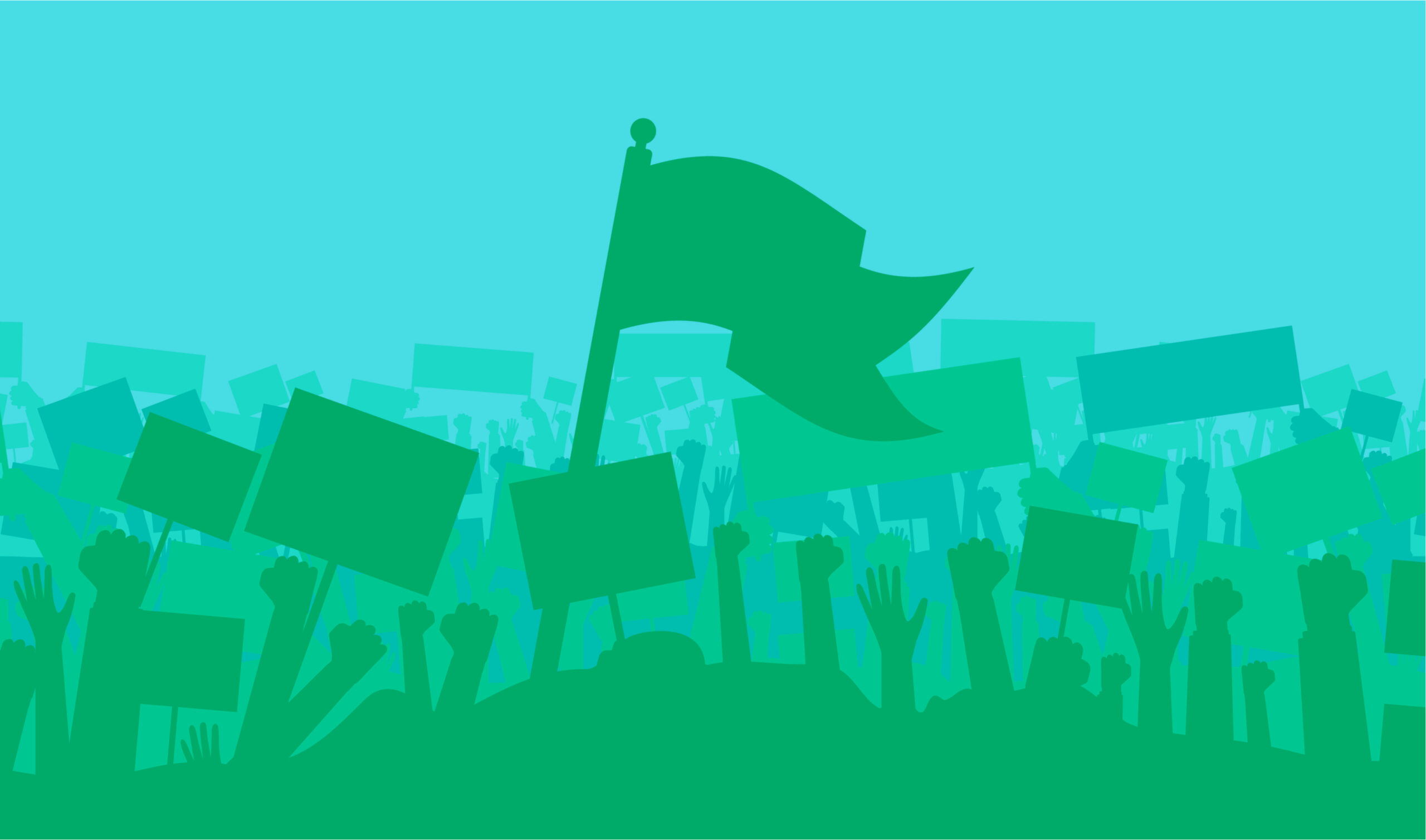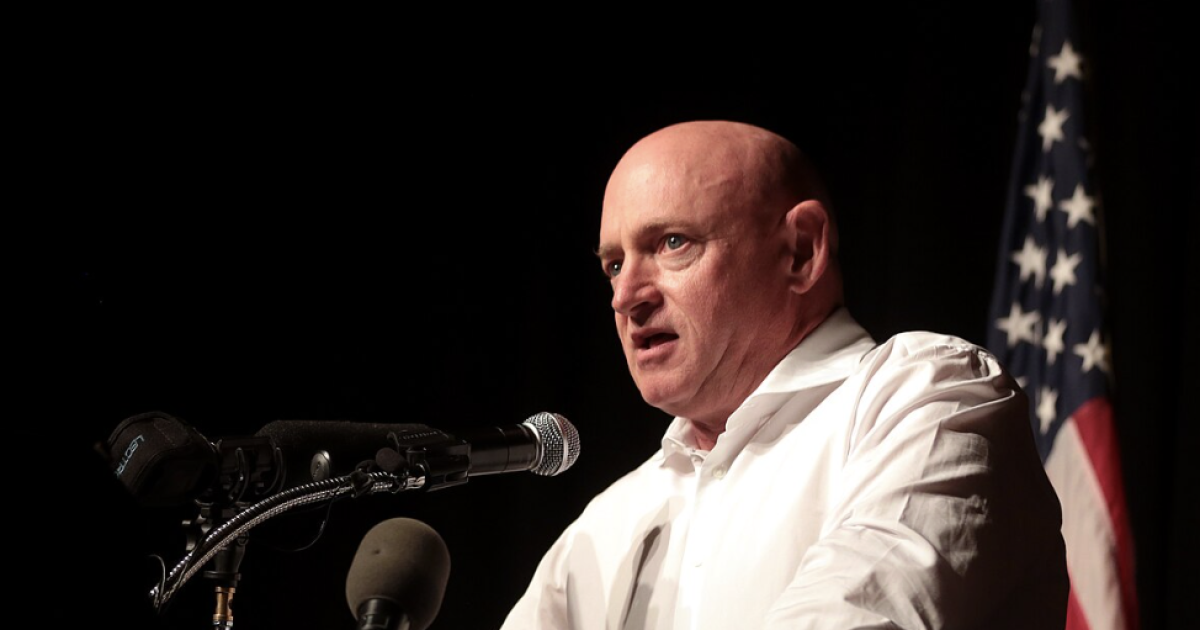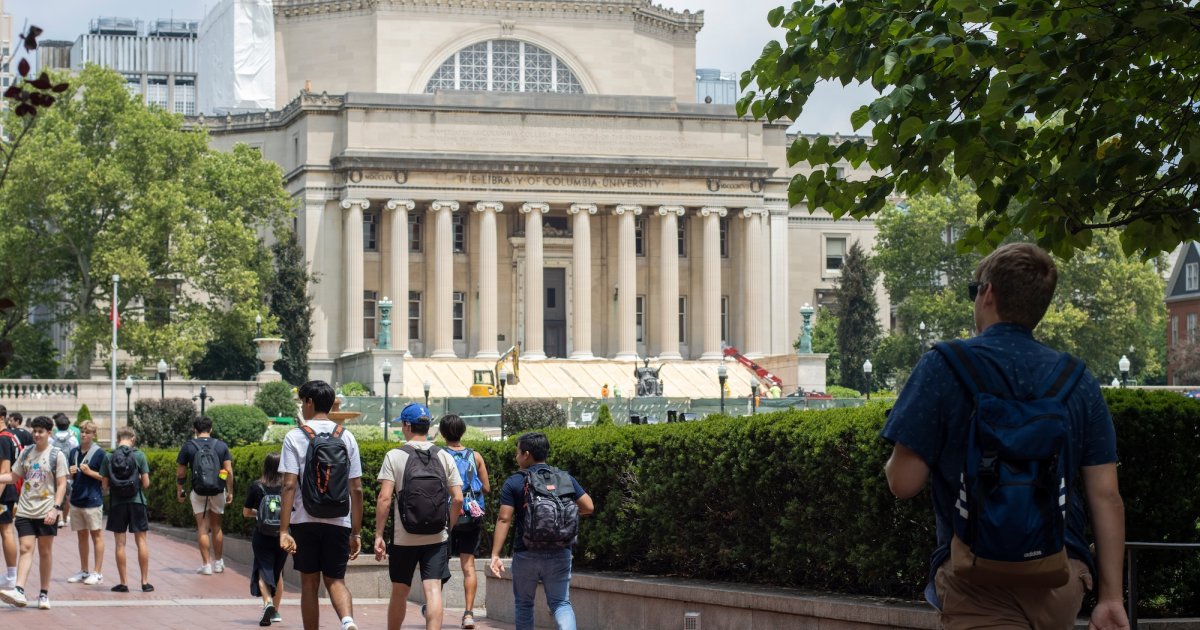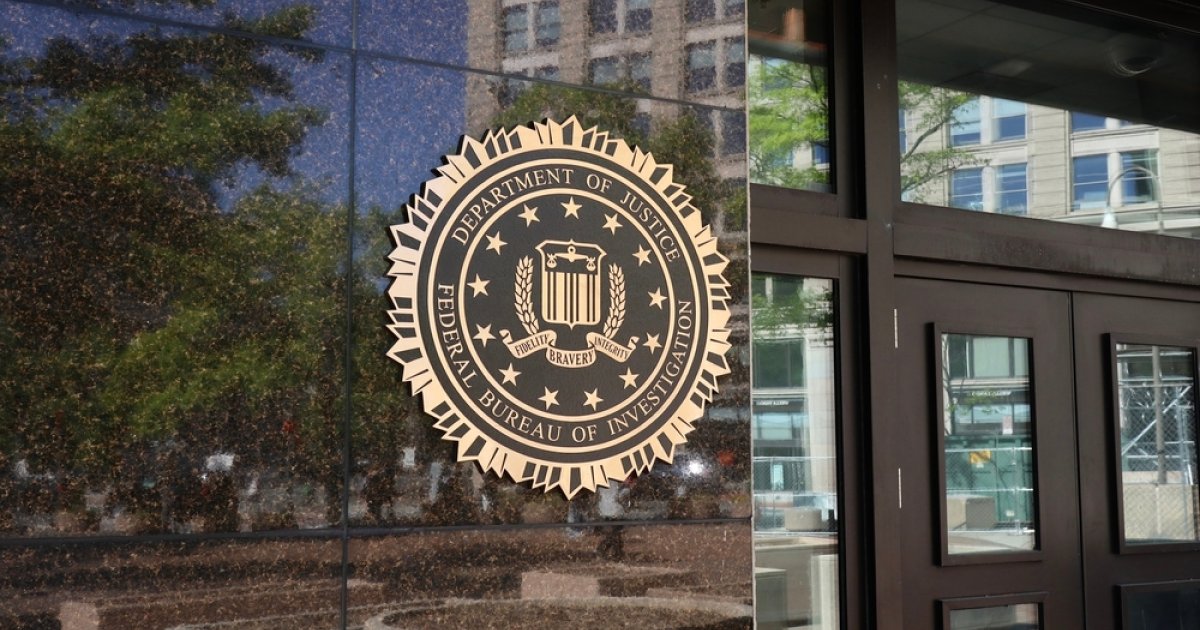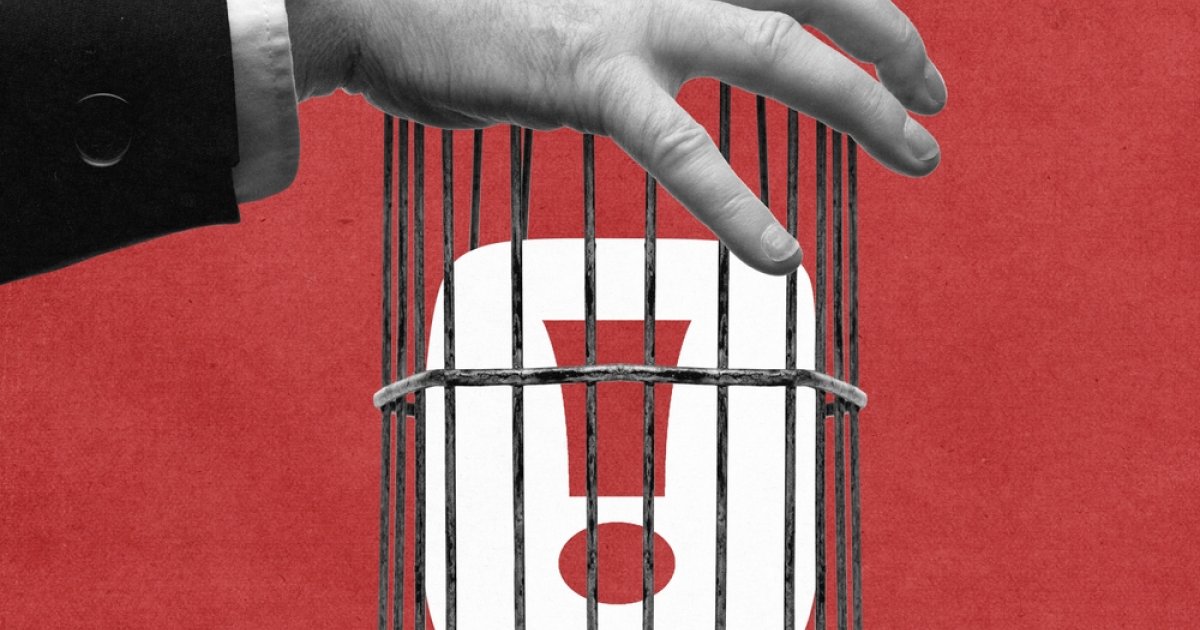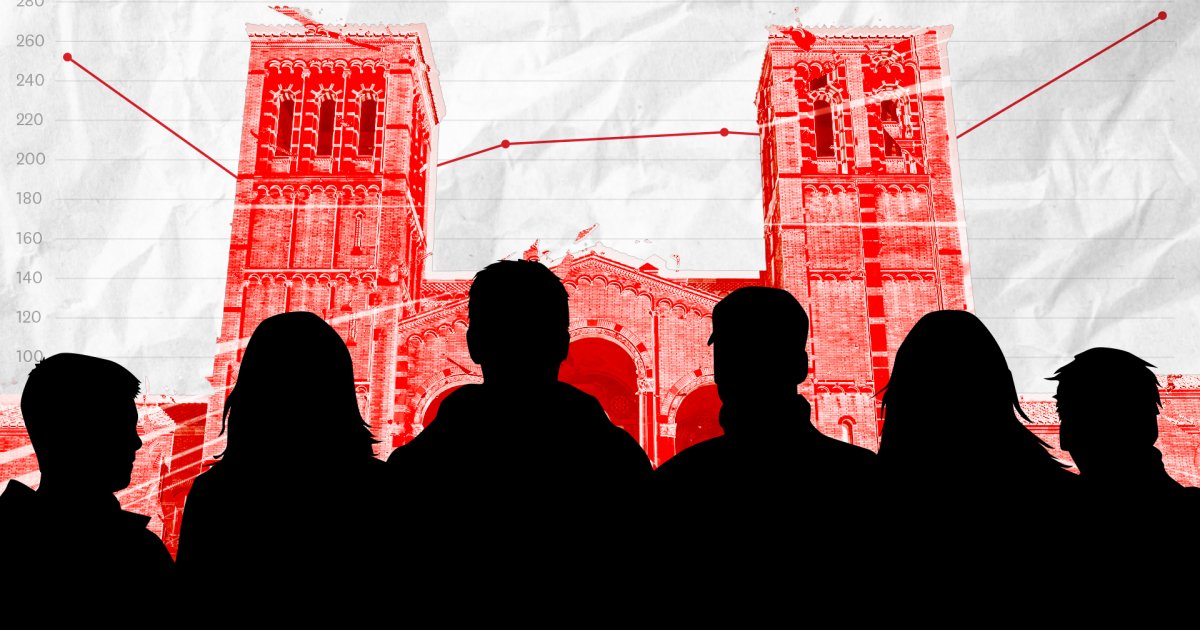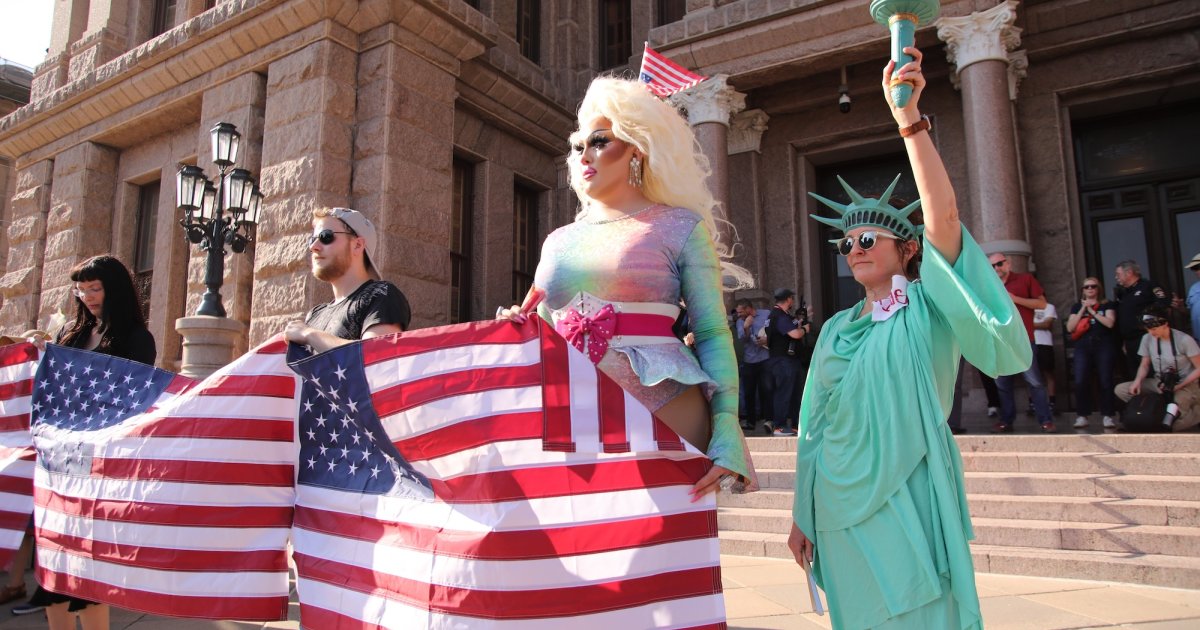This week on the podcast new polling suggests over a third of students think Reform UK should be banned from speaking on campus – a higher proportion than previous surveys found for the BNP or English Defence League. So what does this tell us about free speech in higher education?
Plus Scotland’s budget settlement and legislative changes, and unpacking what “Mickey Mouse courses” really means.
With Andy Long, Vice Chancellor at Northumbria University, Jess Lister, Director of Education at Public First, and Debbie McVitty, Editor at Wonkhe and presented by Mark Leach, Editor in Chief at Wonkhe.
On the site
41 per cent of Reform-voting undergraduates don’t think Reform should be allowed to speak on campus
So you’ve been accused of harbouring “Mickey Mouse” courses at your institution… now what?
Identifying “mickey mouse” courses
Scottish Budget 2026 to 2027
You can subscribe to the podcast on Apple Podcasts, YouTube Music, Spotify, Acast, Amazon Music, Deezer, RadioPublic, Podchaser, Castbox, Player FM, Stitcher, TuneIn, Luminary or via your favourite app with the RSS feed.
Transcript (auto generated)
It’s The Wonkhe Show. A third of students want Reform off campus. We’re talking about what’s really going on behind the data. It’s been a big week of fees and funding in Scotland and the Mickey Mouse row returns. But who’s really taking the mic? It’s all coming up.
And it is obviously reasonable for people to question the value of university courses based on, for example, academic rigour, student outcomes, and broader societal value. But it’s not reasonable for them to arbitrarily decide on this based on no evidence. I’m afraid I see this article as really very lazy journalism.
Welcome back to The Wonkhe Show, your weekly guide to this week’s higher education news, policy and analysis. I’m your host Mark Leach, and here to chew the fat over this week’s news, as usual, are three brilliant guests. In Newcastle, it’s Andy Long, Vice-Chancellor of Northumbria University. Andy, your highlight of the week, please.
Thanks, Mark. Yesterday, we had a tour of our soon-to-be-opened North East Space Skills and Technology Centre. It’s going to be the home to some really exciting research and teaching on satellite and space science and technology, and we were accompanied by the North East Mayor, Kim McGuinness, who’s a great supporter of this initiative.
Lovely. And with us is Jess, Director of Education at Public First. Jess, your highlight of the week, please.
Hello, yes. Mine is a bit of a brag, I’m afraid. We launched our report this week on national numeracy. And usually when you launch a report, you’re looking for pick-up in The Times or The Telegraph, or one of the broadsheets. But I was delighted that for the first time, our report was discussed on This Morning, on the sofa. So there you go. A report launch first for me.
Very good. And in North London is Demetri Onakés-Elizadebi. Your highlight of the week, please.
Well, I had an excellent meeting of the Audit and Risk Committee of the organisation that I’m a trustee of, which is the National Institute of Teaching. It sounds terribly dull, but actually we had a very lively discussion about internal audit, and that was very much the highlight of my week. That’s pretty sad, but there it is.
The Higher Education Policy Institute has conducted a third wave of polling of student views on free speech. The first of these waves was in 2016, around the time of Brexit. The second was in 2022, around the time of Covid. The latest was conducted in November and published this morning, and it’s trying to explore whether, as some commentators have suggested, the era of “woke” is over, in light of the election of Donald Trump and a supposed sea change in public views.
What we see here is some really quite mixed results. There’s growth in the number of students who think universities are less tolerant of the expression of a free range of views. That’s up to 47 per cent, which is a little bit concerning. Fifty-two per cent think student societies are typically oversensitive. That tends towards the idea that students are coming away from what would be characterised as anti-free speech positions. But support for safe space policies and trigger warnings has grown over the same period, which points the other way.
The eye-catching result that is all over the press this morning is that one third, about 35 per cent, think Reform UK should be banned from campus. Earlier waves polled on organisations like the EDL, BNP and UKIP, and around a quarter to a third of students in earlier waves expressed support for those organisations being banned from campus. Reform is obviously something a little bit different.
DK has unpacked this on the site today, and one of the things he notes that is worth contextualising is that the number includes Reform-voting students, so there is something going on there. He also notes that only 18 per cent of students said that nobody should be banned from campus. There is clearly something going on here about students’ attitudes to political parties. There are loads of other questions in there about events, memorials and curriculum. One thing to take away is that a lot of students are in the “it depends” camp. There is more nuance here than it might look like at first blush.
Yes, lots going on here. Just where to begin, because a lot of this looks quite contradictory on the face of it. For example, 41 per cent of Reform-voting students don’t think Reform should speak on campus. Is this about students in general and attitudes to politics, or is there a partisan thing going on here?
One of the first things you learn when you start doing public opinion research is that people can comfortably hold competing views in their heads and not see the logical inconsistencies. This is a large sample of around a thousand students, done by a reputable polling company, and HEPI is a reputable outlet. It’s not possible to look at this and say the sample is wrong or the poll is wrong. What is interesting is thinking about what sits behind some of the questions.
Take the headline that a third of students would ban Reform UK from campus. I’m interested in whether they want them banned, or whether they just do not want to listen to them. That has always been one of the tensions in free speech policy. You can have a right to lawful free speech on campus, but you do not have a right for anyone to turn up and listen to you, or to like you for your views. Sometimes all of this gets muddled up.
It’s a really interesting finding. It’s going to wind up all the people who like to be wound up by these things. It should also cause everyone else to pause for reflection. This should not be dismissed. There is a conversation to have about what university leaders can do to break down polar opposites of views. “I do not mind free speech, I just do not want to hear from these people. I do not want to engage.” That is a substantive discussion.
In terms of the polling, it would be interesting to follow this up. Polling shows what people think. It does not explain why. It would be useful to see more discussion about why students think parties should be banned from speaking, and what they mean by “banned” in this context.
It makes me wonder whether students have a more nuanced view than this makes out. There is lots of support for safe spaces and content warnings. Does that suggest that this language of banning, and the binary debate that often dominates the free speech conversation, is not where they are in their heads?
I think Jess captured it well. It may be about whether students want to ban things or whether they just do not want to hear them. Social media, and how people interact through it, colours expectations. In the past you might have expected to hear a range of views through different media. Now your social media channel can be largely focused on things you agree with, and you may be more reluctant to engage with those you do not.
In the end, a proportion of the population will always want to ban things they do not like. Students may not be terribly different to the rest of the population. What we also know is that 18 to 24 year olds are far less likely to support Reform than, for example, the Green Party. A recent YouGov poll showed that 10 per cent of that age group supported Reform and 30 per cent supported the Greens. It’s interesting in this study that 7 per cent of people want to ban the Greens from speaking on campus. Put together, people often want to ban, or avoid hearing from, people they disagree with. If fewer young people support Reform, more of them want to see Reform banned, or just do not want to hear from them.
It’s also interesting that in previous waves of this survey, parties asked about were more extreme than Reform. In 2016 and 2022, the survey asked about the BNP and the English Defence League, and similar older, defunct but still culturally present far right organisations. This year, if you put all the parties asked about on a left-to-right scale, Reform is the most extreme. It would be interesting to see whether the polling is showing that people do not want the most extreme parties to come to campus, or whether it is Reform specifically.
What really matters is how universities respond to this. I see no evidence that they are banning speakers from different political parties. The only evidence I have is when we had hustings for the mayoral elections. Our students’ union organised those, all candidates were invited, and the Reform candidate decided not to come. They would have been welcome to come and put their case forward and answer questions from our students, but they did not want to.
Student leaders are in a really interesting position here. I’m reminded of a conversation I had at the Festival of Education in November, around the time this polling was being conducted, with a student leader wrestling with her responsibilities around a Reform society on campus. Inevitably it was framed in free speech terms. The students who wanted to set up the society and invite speakers felt strongly about it, as did the students who felt it was inappropriate. As a student leader, she had to navigate that space. That nuance of how you listen to both camps, and what purpose political societies serve on campus in terms of civic engagement and political debate, is part of the picture.
Mark asks about Reform’s deputy leader Richard Tice, who has jumped on the polling and called the findings appalling. He claims British universities have abandoned being centres of genuine learning, rigorous debate and intellectual challenge, instead becoming echo chambers of far left indoctrination run by activist academics. This is his long-held position already. It plays neatly into how he wants to talk about universities, and it frames the culture war quite starkly. There is a danger the nuance gets lost in the mainstream.
Students having left-wing views should surprise nobody. That has been true for a long time. Richard Tice believing universities are far left indoctrination camps is also a long-held view. None of this is new. He did not use the “left-wing madrasas” line this time. What is interesting is the second paragraph of his statement, which arguably gives the sector an answer. He says universities bear responsibility for allowing this culture to fester. Universities do now bear responsibility for helping and encouraging as healthy a debate as possible on this topic. If I was a university vice-chancellor, I would be thinking about how to get better debates on campus. We are a long way out from an election, but this issue is going to bubble and bubble unless universities are seen to do something.
This debate only ever interests the political elite. It is not usually a mass public opinion issue, but it acts like a barnacle on the sector’s reputation. The more work you see on how to have debate on campus, including with people you disagree with, the less weight these “echo chamber” attacks have. This also draws heavily from the US playbook. Under Trump, Republicans had universities in their sights and started stripping out grant funding, often using free speech as a rationale. You can see Reform dipping a toe in the water about something like that here in the UK, without really understanding the funding system they would be trying to reshape. They are pulling from what has happened in the US and trying to make it a UK-wide debate.
There is also something about “woke” as a category. The origins of the term are about being attuned to social inequality and understanding how different groups can be marginalised, particularly around racial and ethnic marginalisation. But it has expanded and taken on a pejorative life of its own, used from a hostile ideological position towards universities. It would be odd if students themselves, who are not immersed in anti-woke discourse, were to treat a basket of positions around free speech as a coherent “woke” label. That coherence is often assumed by the people asking the questions or analysing the results, rather than by students themselves.
In Wonkhe polling, there is also a link between a sense of freedom to speak on a personal level and being part of a marginalised group. We can too readily assume freedom of speech means freedom to attack left-wing positions. It can be as much about feeling safe, feeling part of a community, and understanding the purposes of speaking up as it is about entitlement to be exposed to controversial views. Now that the sector has been through the free speech debate, the legislation, the regulator, and the policies, there is a case for going back to students and asking what matters to them in taking part in a conversation, what the purpose is pedagogically, and what it does for development as a graduate and citizen in a complex political environment.
Let’s see who’s important for us this week.
Hi, I’m Shine Jackson, an employment partner at Mills & Reeve specialising in the sector. After months of parliamentary back and forth, the Employment Rights Act 2025 finally made it into the statute books just before Christmas, with wide-ranging implications for the sector. From new rules on unfair dismissal and zero-hours contracts, to tougher requirements on sexual harassment and major changes to industrial action, these reforms will have a real impact on how universities manage their people and risk. In my blog I’ve set out five things sector leaders need to know to prepare for these reforms, with a handy table of implementation dates.
Now, Jess, it’s been a busy month in Scotland. Tell us what’s going on.
It has. In Scotland we’ve seen the launch of a Future Framework for universities, a joint government and sector initiative to scope out the long-term needs of Scotland’s higher education system all the way to 2045. It’s worth noting this is not a full review. It’s more the start of an evaluation of the sector’s long-term financial sustainability, what it might need, and what Scotland’s economy might need. It is not a promise that anything in the current system is going to change. It is also a reminder that the Scottish system is much more reliant than the English system on direct government funding because students currently do not pay fees. So what the government decides its long-term settlement is going to be is key.
We’ve seen indications the Scottish government is willing to provide some further support. There’s been an above-inflation increase in teaching and research budgets announced this week, perhaps in the hope of avoiding another Dundee-style incident. The final thing that’s interesting is that, similar to England and Wales, the Scottish government is now trying to scope out not just what a higher education funding strategy looks like, but a tertiary one too.
Debbie responds that Scotland is already more “tertiary” than England in the sense of a post-16, post-18 offer across the system. There may be politics going on. Before Christmas the minister announced a plan to work with the university sector on the funding framework. Scotland’s universities face a genuine financial crisis, which is also a problem for the country. The framework plan may be designed to get under the skin of the issues and carry the conversation across the Scottish Parliament elections in the spring. The tertiary approach is also connected to the Tertiary Education Bill, and may reflect pressure from Scotland’s colleges that a higher education funding settlement implicates them too.
Committing to a strategy is a step above annual budgets, and it signals a desire to link system sustainability to national goals. But there is always a risk that strategies keep the conversation going without real action. Funding higher education long term is difficult. The approach may be useful, but delivery remains uncertain.
Andy notes that Scottish universities receive up to £2,000 a year less per home student than English universities do, and are even more reliant on international student income. There is also a relatively small group of Scottish universities that can do very well in international recruitment, meaning there is less to go around for others. England faces its own pressures, including undergraduate fees being flat for 11 of the last 13 years and recent reductions in international student numbers, but the challenge is greater in Scotland.
Jess suggests that a joint government and sector review, without promises, could be a model for England closer to 2030. The question is whether it becomes a good conversation without political and funding heft behind it. Andy cites a London Economics statistic from a few years ago that in England students and graduates cover around 84 per cent of the total cost of higher education, with government funding around 16 per cent, and contrasts this with Scotland, Wales and Northern Ireland. The rhetoric from politics recently has often suggested students should pay more, not less, which does not suggest a more generous settlement is imminent.
There is also an acknowledgement that, despite everyone insisting the Scottish review is not just about fees, it inevitably is. The politics of “free education” remain a touchstone, particularly for the SNP, but there is a sense that without a clever political route to change, the funding crisis will continue. There are alternative models, such as salary-based graduate repayments, but implementing them is difficult. Scotland may choose to try something different.
That’s about it for this week. Remember you can go in deep on anything we discussed today. You’ll find links in the show notes on wonkhe.com. Don’t forget to subscribe. Just search for The Wonkhe Show wherever you get your podcasts. If you want to get ahead of everything going on in UK higher education, hit subscriptions on the site to find out more. Thanks to Jess, Andy and Debbie, and to Michael Salmon for making it all happen behind the scenes. We’ll be back next week. Jim will be here. Until then, stay Wonkhe.

